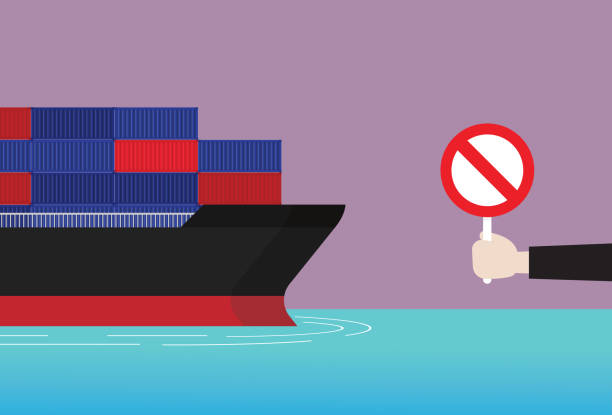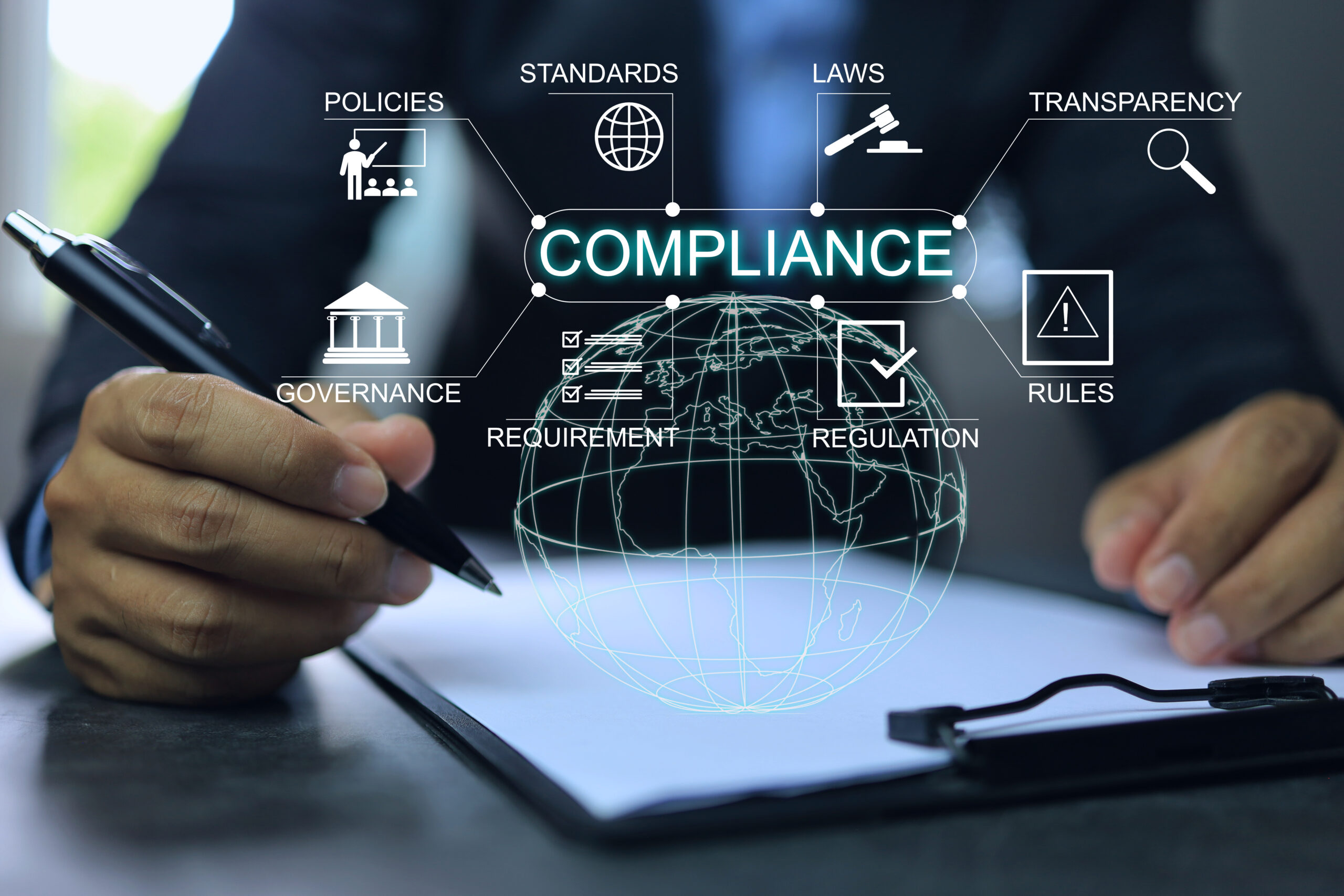In the landscape of international business, navigating global trade laws is a critical yet complex task. Trade violations can have serious repercussions for businesses, including hefty fines, legal consequences, and damage to reputation. Understanding what constitutes a trade violation and how to prevent them is essential for any organization engaged in global trade.

What Are Trade Violations?
Trade violations occur when companies or individuals fail to comply with international trade laws and regulations. These can include improper classification of goods, misreporting of values, failing to obtain necessary licenses, and engaging in prohibited transactions. Violations can also stem from ignoring sanctions and embargoes, or participating in fraudulent activities like smuggling or bribery.
Common Types of Trade Violations
Export Control Violations
Exporting controlled goods without the proper licenses or to prohibited destinations.
Customs Violations
Misclassifying goods, underreporting values, or failing to declare items accurately.
Sanctions Violations
Engaging in trade with countries, entities, or individuals subject to international sanctions.
Anti-Bribery and Corruption
Offering, giving, or receiving bribes to influence business transactions.
Smuggling and Fraud
Illegally transporting goods across borders, evading duties, or falsifying documentation.
Consequences of Trade Violations
Non-compliance with trade regulations can lead to significant consequences, such as:
Financial Penalties: Companies may face substantial fines for violations.
Legal Action: Individuals involved in violations can be subject to criminal charges, leading to imprisonment.
Reputational Damage: Trade violations can severely harm a company’s reputation, affecting relationships with partners and customers.
Operational Disruptions: Violations can result in delays, seizures of goods, and loss of export privileges.
Strategies to Prevent Trade Violations
Develop a Robust Compliance Program
Establish comprehensive policies and procedures to ensure adherence to trade regulations. Regularly review and update these policies to reflect changes in laws and regulations.
Employee Training
Educate employees on trade laws, the importance of compliance, and the consequences of violations. Provide regular training sessions to keep them informed of the latest regulatory changes.
Conduct Due Diligence
Screen all trading partners, customers, and intermediaries against denied party lists. Ensure thorough vetting to avoid engaging with prohibited entities.
Accurate Classification and Documentation
Properly classify goods using the correct Harmonized System (HS) codes. Ensure all documentation, including invoices and shipping records, is accurate and complete.
Monitor and Audit
Implement regular internal audits to identify and address potential compliance issues. Use technology and software to track and monitor transactions for any red flags.
Engage Experts
Consult with legal and trade compliance experts to navigate complex regulations and stay informed of changes. External audits can also provide an unbiased review of your compliance status.
Conclusion
Global trade violations pose significant risks to businesses, but they are preventable with the right strategies and tools. By developing a robust compliance program, educating employees, conducting due diligence, and leveraging technology, companies can navigate the complex landscape of international trade laws and avoid costly violations.
At Emtrain, we are dedicated to helping businesses understand and comply with global trade regulations.








